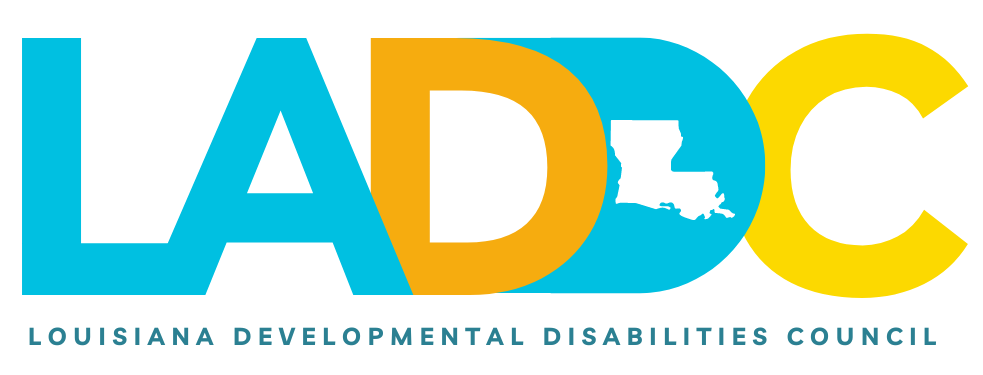All states offer a variety of Medicaid programs and several can help people with Medicare. If you qualify for a Medicaid program, Medicaid can help pay for costs and services that Medicare does not cover. Medicare is the primary payer and Medicaid pays second.
- For services that both Medicare and Medicaid can cover (such as doctors’ visits, hospital care, home care and skilled nursing facility care), Medicare will pay first and Medicaid will pay second, by covering your remaining costs, such as the Medicare coinsurances and copayments.
- In many cases if you have Medicaid, you will automatically be enrolled in a Medicare Savings Program (MSP). Also run through Medicaid, MSPs will offer additional assistance by paying your Medicare Part Bpremium. Depending on your income, you may qualify for one MSP called Qualified Medicare Beneficiary (QMB) which will pay for your Medicare deductibles, coinsurances and copayments. You will need to meet the guidelines for that your Medicaid private health plan is designed to work with. But even if you are required to enroll in a Medicaid private health plan in your state, you cannot be required to enroll in a Medicare Advantage Plan. Check with your local Medicaid office to learn more about your health plan options. To find out the exact Medicaid programs you may be eligible for, you should contact your local Medicaid office and speak to a counselor. Financial eligibility guidelines and covered services vary greatly from state to state and from program to program. Be aware that you may be able to have higher income than general eligibility guidelines suggest because certain income may not be counted, or you may be able to qualify another way—for example, by spending down your income on medical expenses.
